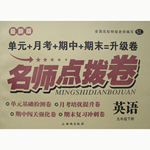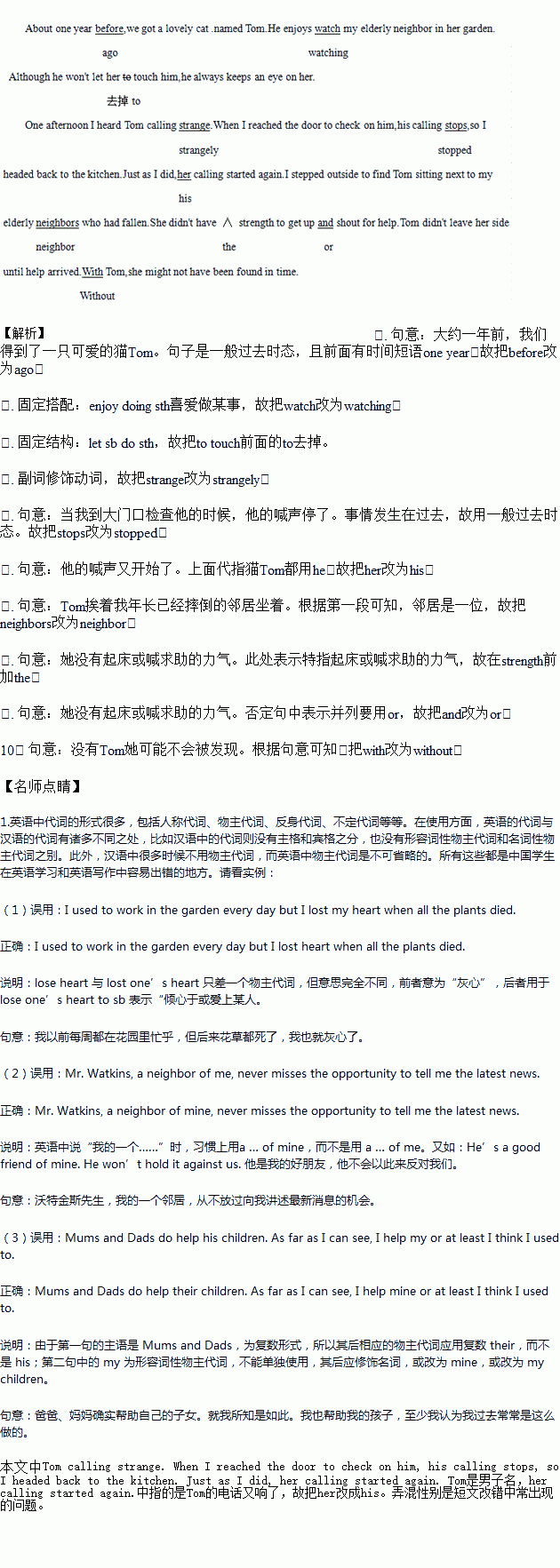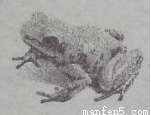题目内容
假定英语课上老师要求同桌之间交换修改作文,请你修改你同桌写的以下短文。短文中共有10处错误,每句中最多有两处。错误涉及一个单词的增加、删除或修改。
增加:在缺词处加一个漏字符号(∧),并在此符号下面写出该加的词。
删除:把多余的词用斜线(\)划掉。
修改:在错的词下划一横线,并在该词下面写出修改后的词。
注意:1.每处错误及其修改均仅限一词;
2.只允许修改10处,多者(从第11处起)不计分。
About one year before, we got a lovely cat named Tom. He enjoys watch my elderly neighbor in her garden. Although he won't let her to touch him, he always keeps an eye on her.
One afternoon I heard Tom calling strange. When I reached the door to check on him, his calling stops, so I headed back to the kitchen. Just as I did, her calling started again. I stepped outside to find Tom sitting next to my elderly neighbors who had fallen. She didn't have strength to get up and shout for help. Tom didn't leave her side until help arrived. With Tom, she might not have been found in time.
 名师点拨卷系列答案
名师点拨卷系列答案

